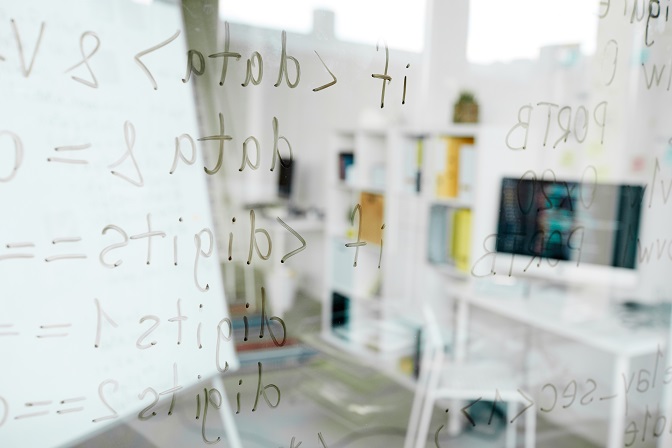Navigating AI Algorithms in AI Contracts

AI algorithms are the foundation of AI systems, as they provide the means to train and generate AI models. As such, understanding AI algorithms, their ownership, and their implications in AI contracts is essential for safeguarding the intellectual property rights of both parties involved. This article will discuss the importance of AI algorithms in AI contracts and provide insights into managing their ownership and usage.
Understanding AI Algorithms
In the context of artificial intelligence, algorithms refer to explicit procedures, typically implemented in a programming language, used to generate or ‘train’ a model, including its parameters. These procedures are often referred to as ‘learning’ procedures, and variants include supervised, unsupervised, and reinforcement learning, among others.
AI algorithms can be proprietary, open-source, or owned by third parties. They are often the key component of IP protection provided by the vendor.
Managing AI Algorithm Ownership and Usage in AI Contracts
Determine algorithm ownership
As a general rule, AI algorithms will not be owned by the customer. They will either be open source, owned by a third party, or proprietary to the vendor. It is important for the parties to clearly define the ownership of the AI algorithm in the contract.
Clarify algorithm variants
The AI contract should clearly define the algorithm variant being used in the AI solution. Misunderstandings can arise if the customer expects one type of solution (e.g., unsupervised learning) and the vendor provides another (e.g., supervised learning). Clear definitions help avoid disputes and misunderstandings in the future.
Define usage rights and restrictions
The AI contract should outline the rights and restrictions for using the AI algorithm. This may include the customer’s right to use the algorithm for specific purposes, the vendor’s right to provide support or maintenance services, or limitations on the algorithm’s use to protect proprietary information or trade secrets.
Address updates and improvements
AI algorithms often evolve and improve over time, as vendors develop new techniques or discover better methods. The AI contract should address how updates and improvements to the algorithm will be handled, including any changes to ownership, usage rights, or restrictions.
Navigating AI algorithms in AI contracts is crucial for safeguarding the interests of both parties involved. By determining algorithm ownership, clarifying algorithm variants, defining usage rights and restrictions, and addressing updates and improvements, companies can ensure the proper allocation of intellectual property rights and protect their interests in the rapidly evolving world of AI technology.















